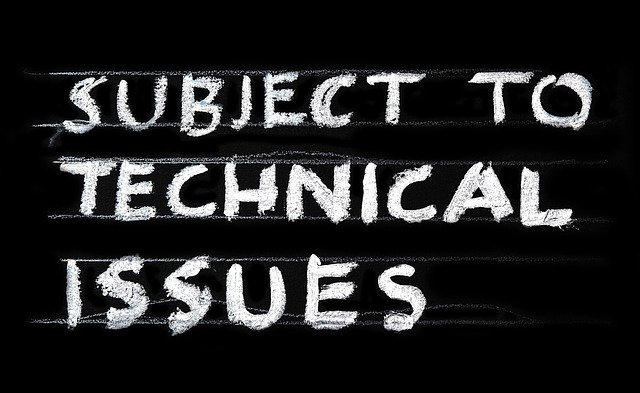
Enhancing Workplace Culture: The Science and Technology of Accountability in HR
Understanding Accountability in the Workplace
In today’s fast-paced work environment, accountability has emerged as a key pillar in shaping a positive workplace culture. It acts not only as a moral compass guiding employees towards expected behaviors but also as a catalyst for organizational growth. With the intersection of science and technology now playing pivotal roles within HR practices, understanding how accountability can be nurtured is essential for everyone involved in shaping workplace culture.
The Science Behind Accountability
Research indicates that accountability is closely tied to employee motivation and engagement. When employees understand their responsibilities and how their actions affect the team’s success, they are more likely to feel motivated to meet those expectations. Scientific studies suggest that organizations that promote accountability often report higher performance levels, enhanced collaboration, and increased job satisfaction.
Furthermore, the psychological aspect plays a crucial role. When individuals are accountable, they perceive a greater sense of purpose in their roles, leading to less stress and a more constructive workplace atmosphere. This feeling of ownership not only enhances individual performance but also fosters trust among team members, thereby creating a cohesive work culture.
Technology: A Game-Changer for Accountability
As organizations strive for accountability, technology emerges as a vital instrument. Tools like performance management software, project management applications, and real-time feedback systems simplify the process of tracking responsibilities and outcomes. These technological advancements provide employees with clarity on their roles and allow for regular assessments of their performance.
For instance, using collaboration platforms can enhance transparency, making it easier for teams to communicate about their progress on projects. By having clear benchmarks and timelines, employees feel a sense of commitment to their tasks, knowing that their contributions are visible and valued.
Creating a Culture of Accountability
To cultivate a culture of accountability, organizations must go beyond simply implementing tools and providing guidelines. It’s about creating an environment where employees feel empowered to take ownership of their work. Training programs that emphasize the importance of accountability and responsibility can establish a shared understanding among all employees.
Moreover, celebrating successes and learning from failures fosters an open atmosphere where employees feel safe to express concerns and seek assistance. Regular check-ins and feedback loops reinforce the idea that accountability is a collective journey rather than an individual burden.
The Role of Leadership
Effective leadership is crucial for instilling accountability within an organization. Leaders must model accountable behaviors, demonstrating that taking responsibility is valued. By being transparent about their own challenges and successes, leaders can inspire their teams to adopt the same mindset.
Additionally, leaders should encourage open dialogues surrounding goals and expectations. This approach ensures that every team member understands their contributions to the organization and sees the value in holding themselves accountable for the outcomes.
In conclusion, the science and technology of accountability form the bedrock of a thriving workplace culture. By embracing these concepts, organizations can create an environment where employees feel empowered, valued, and connected to a larger purpose. It’s through this commitment to accountability that companies can enhance performance and foster a culture of innovation and collaboration.



